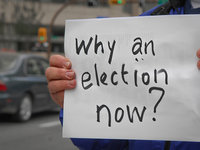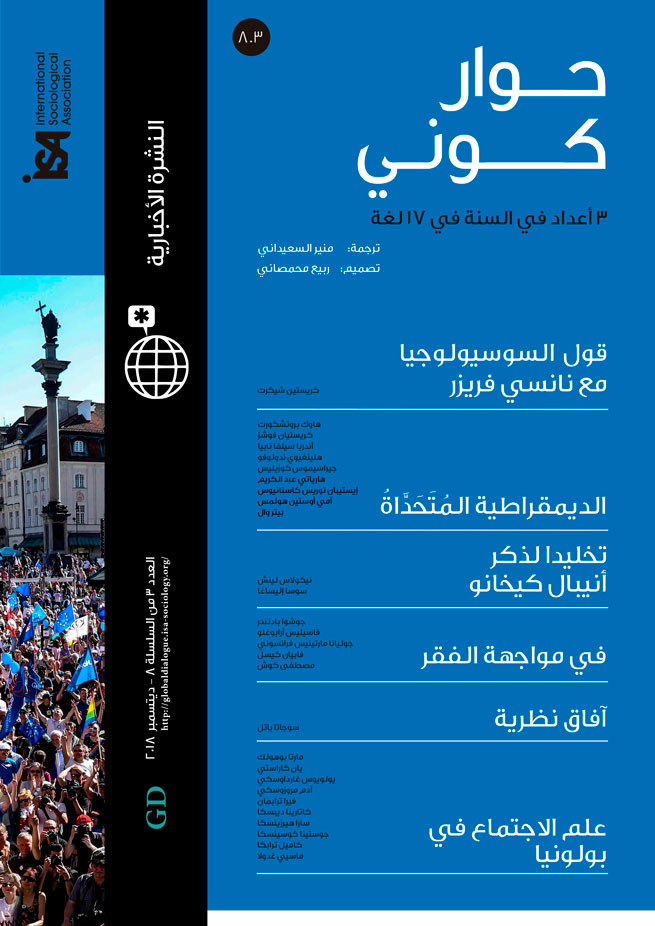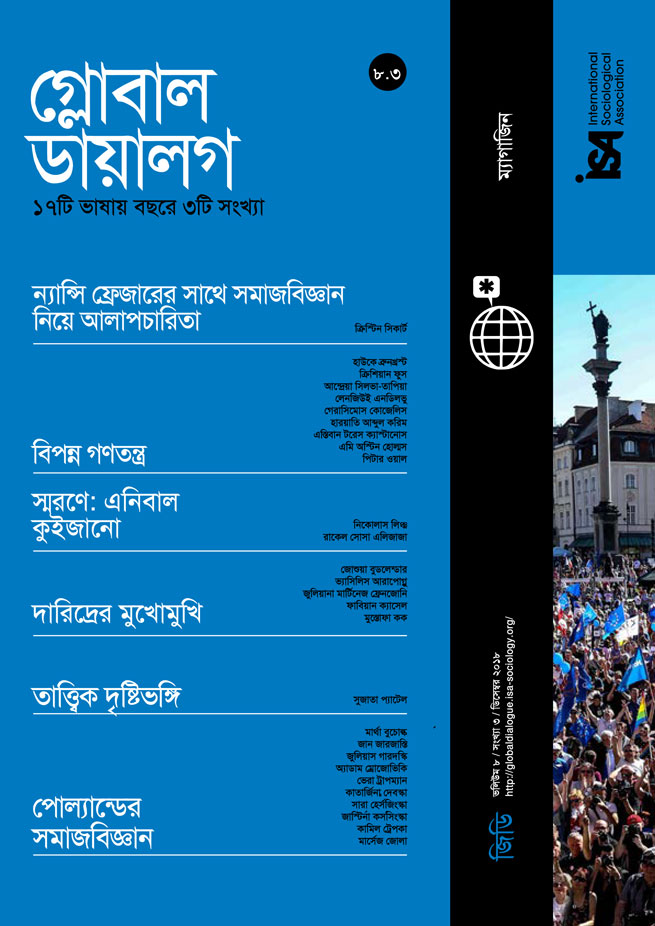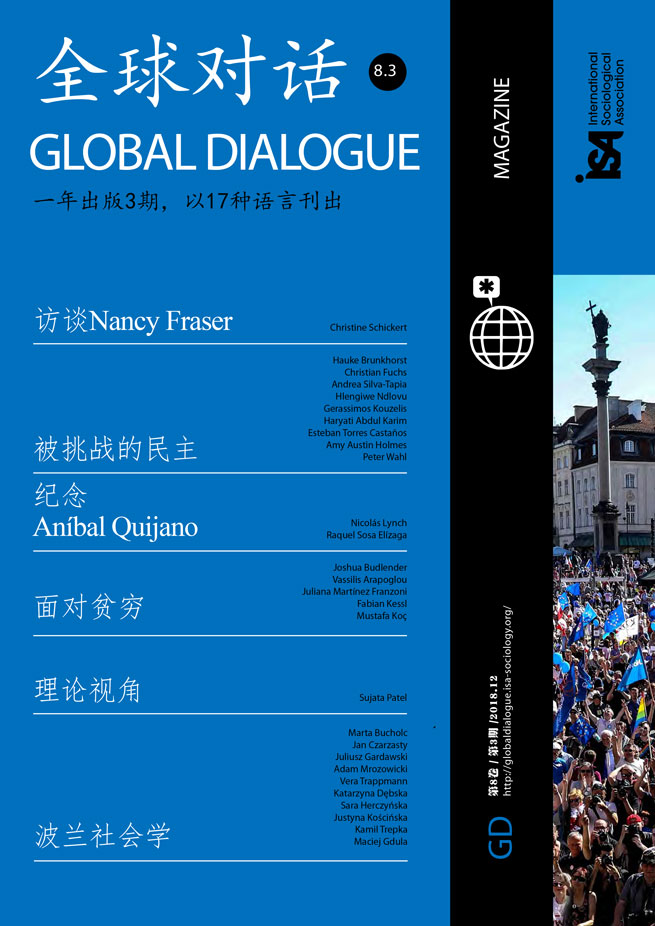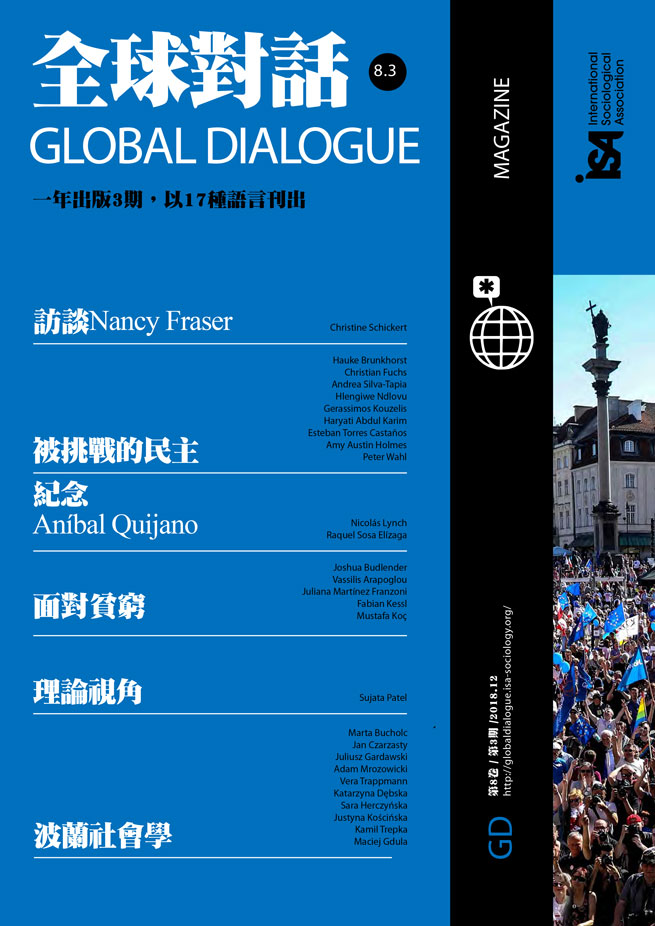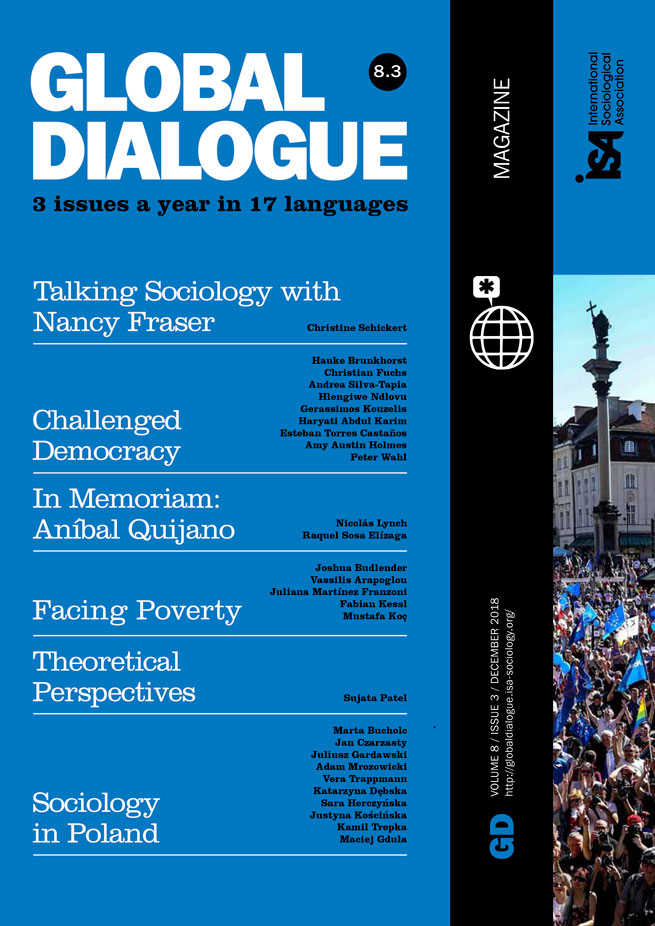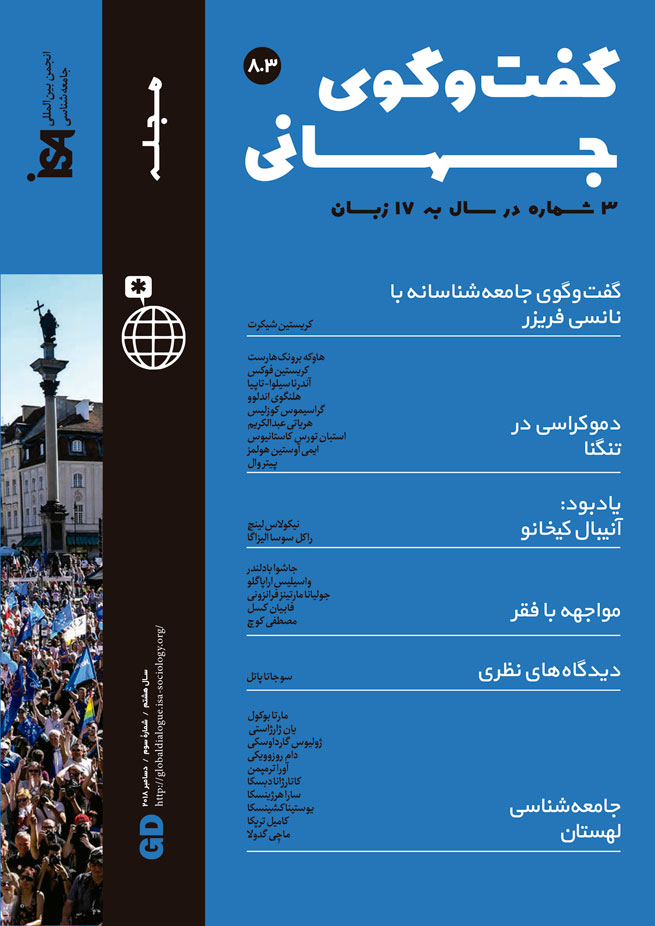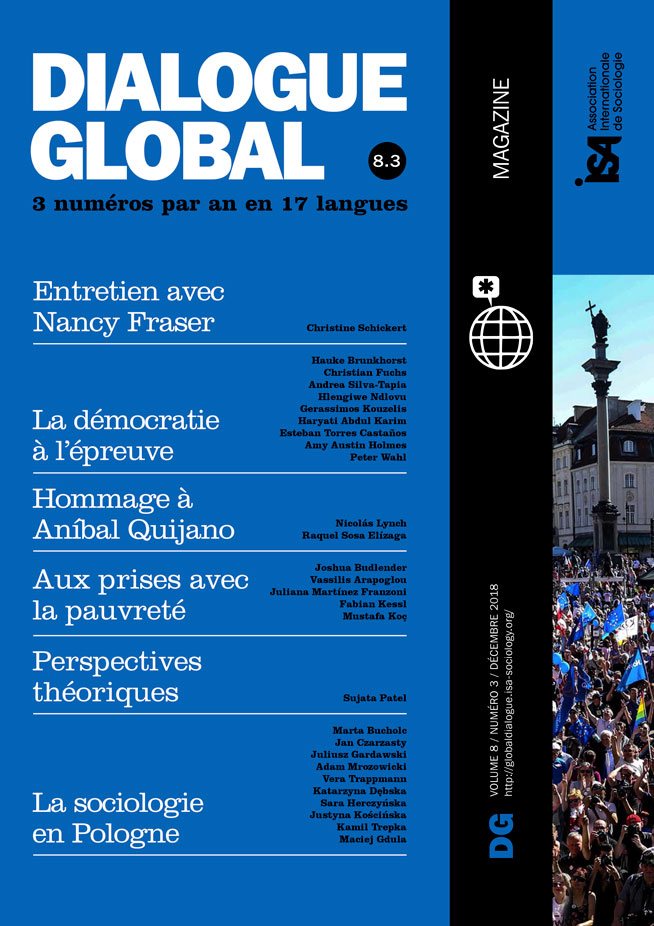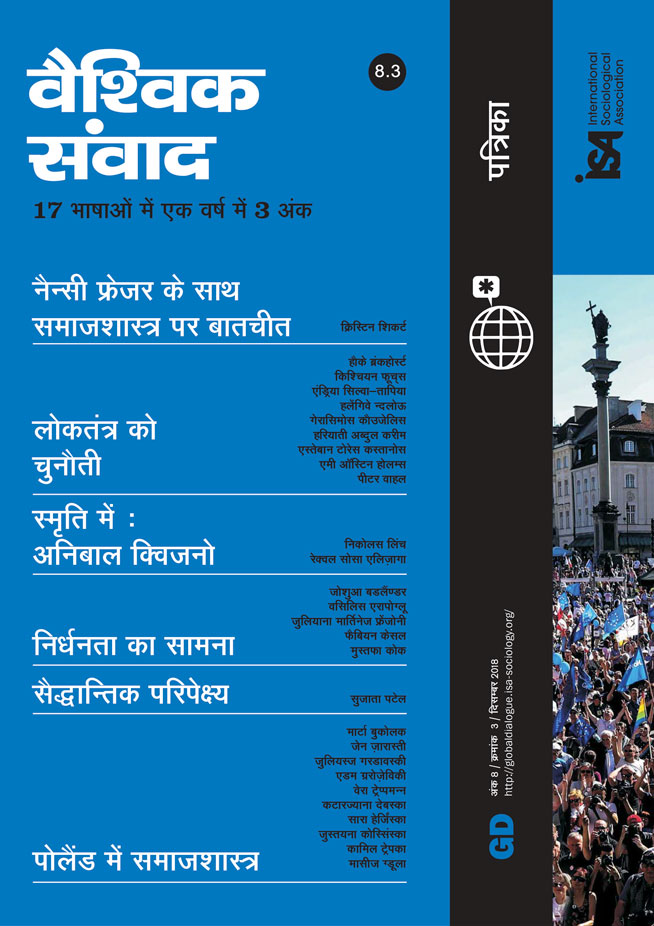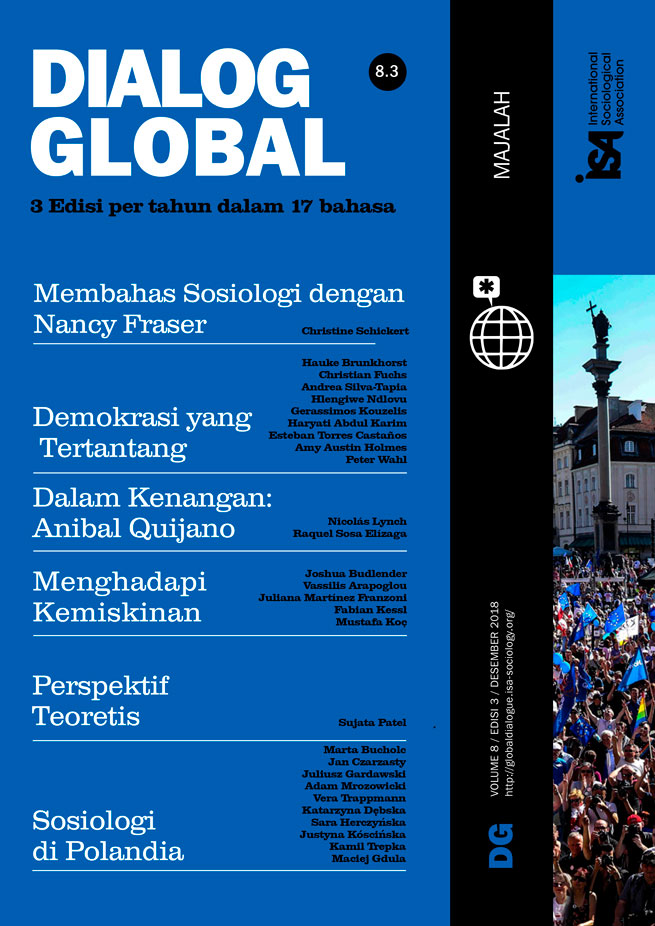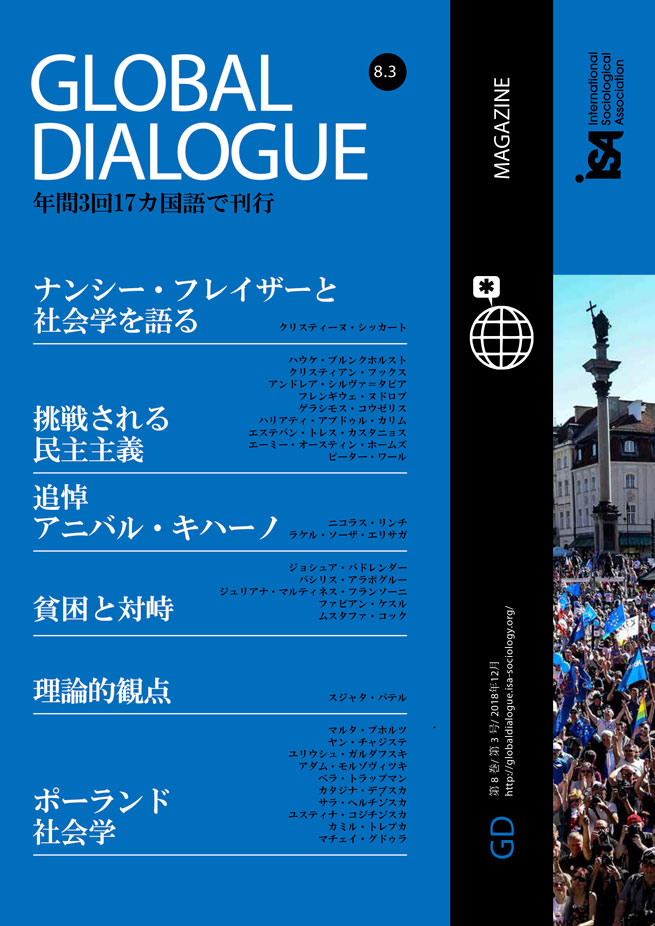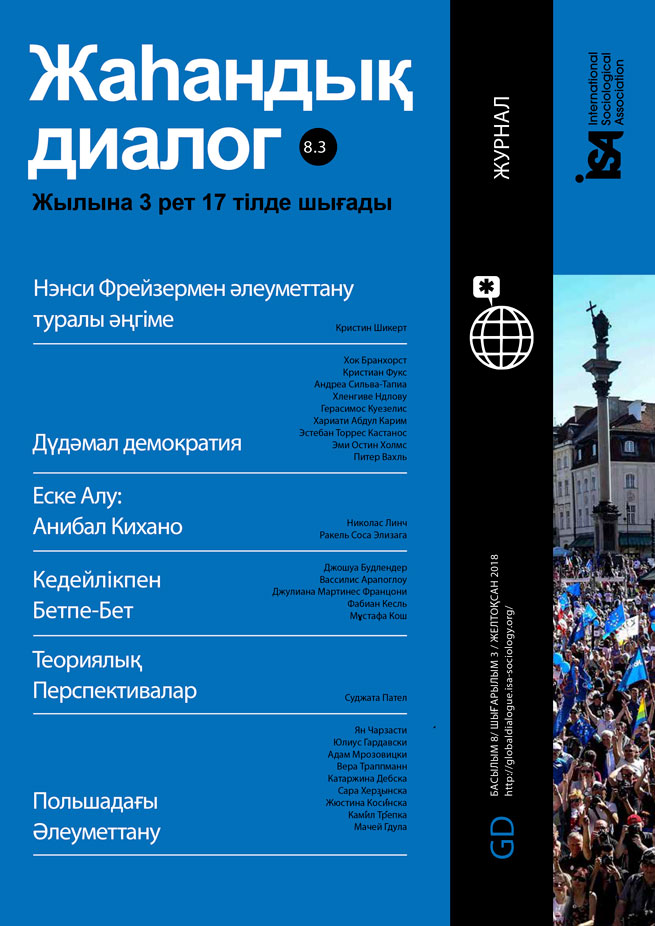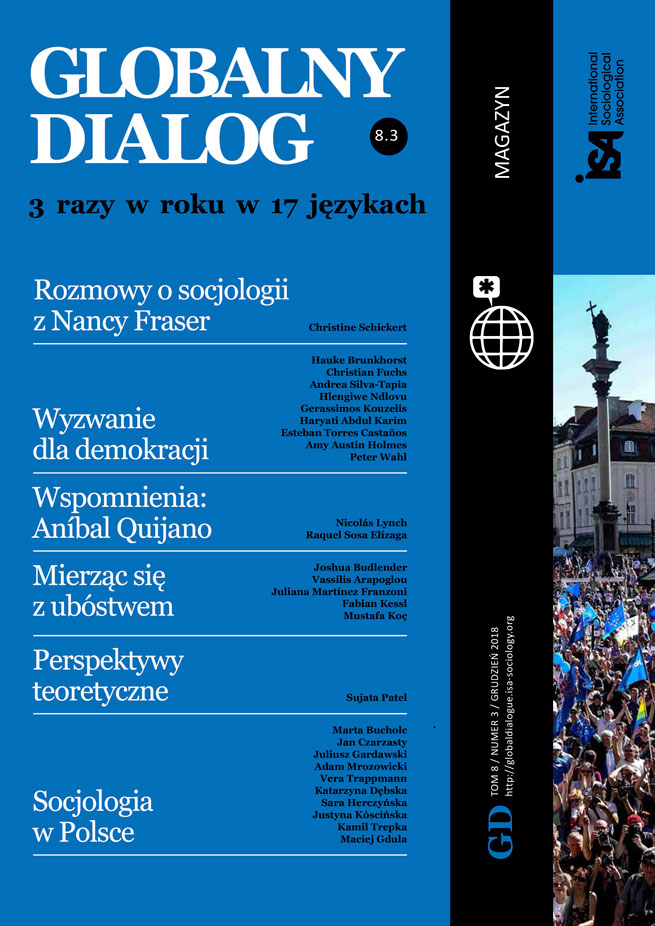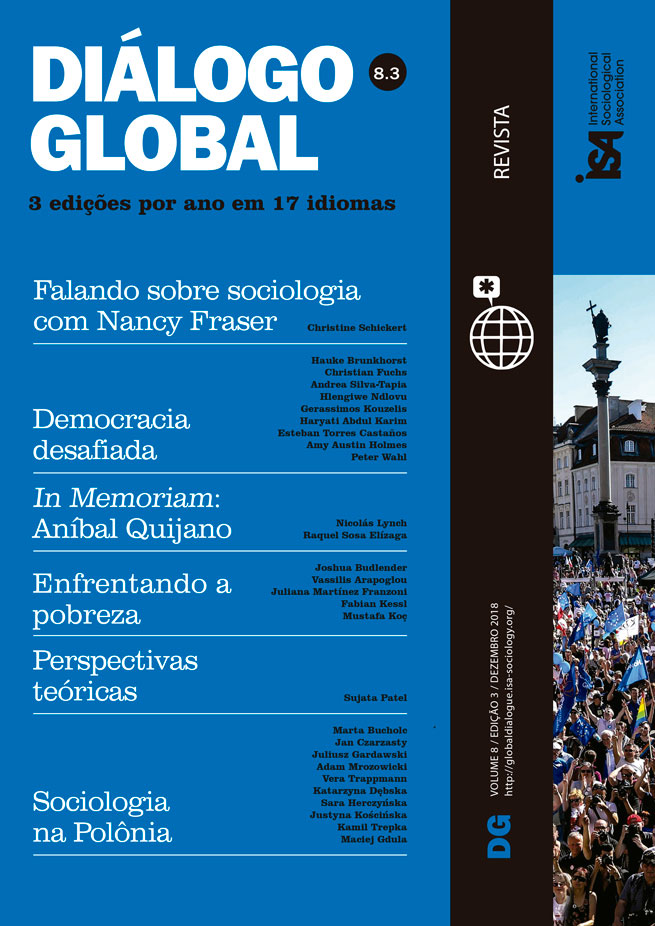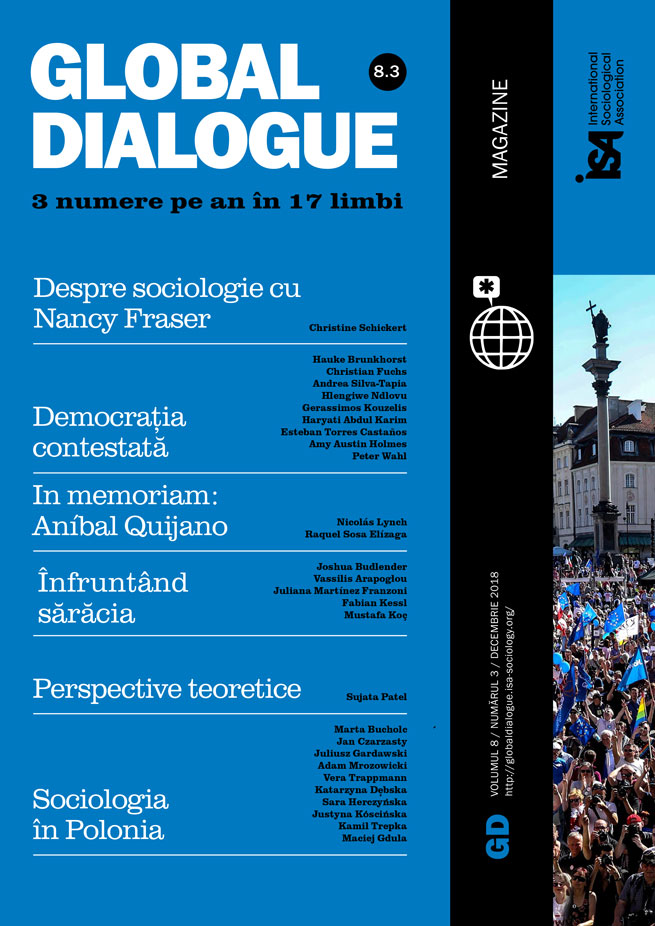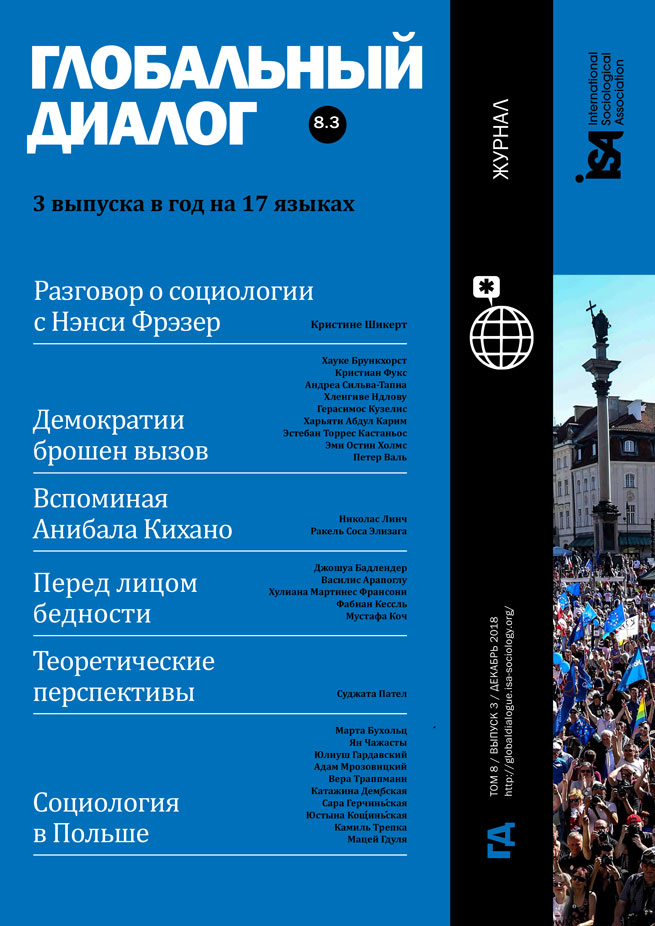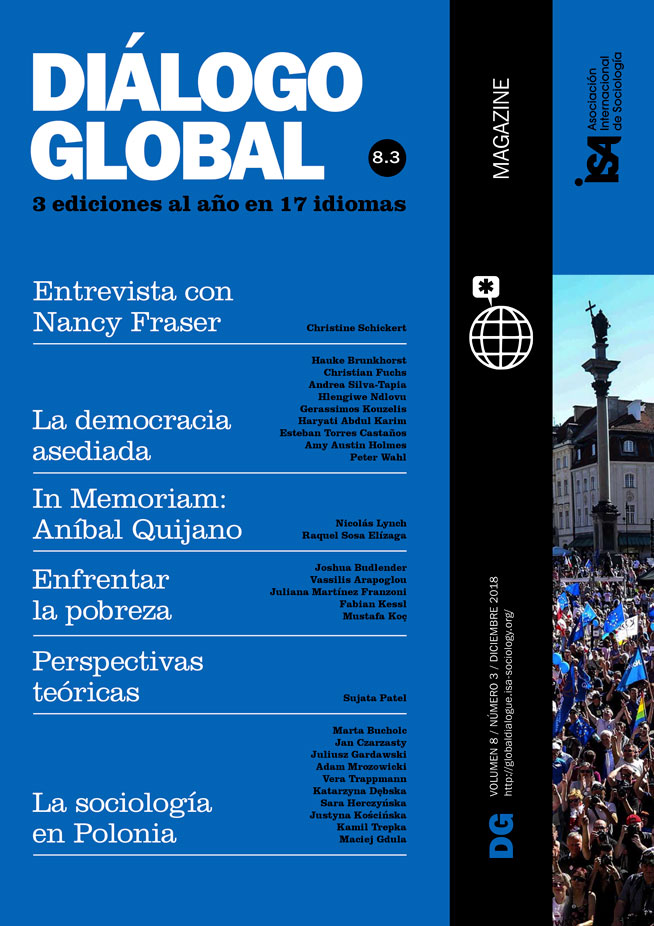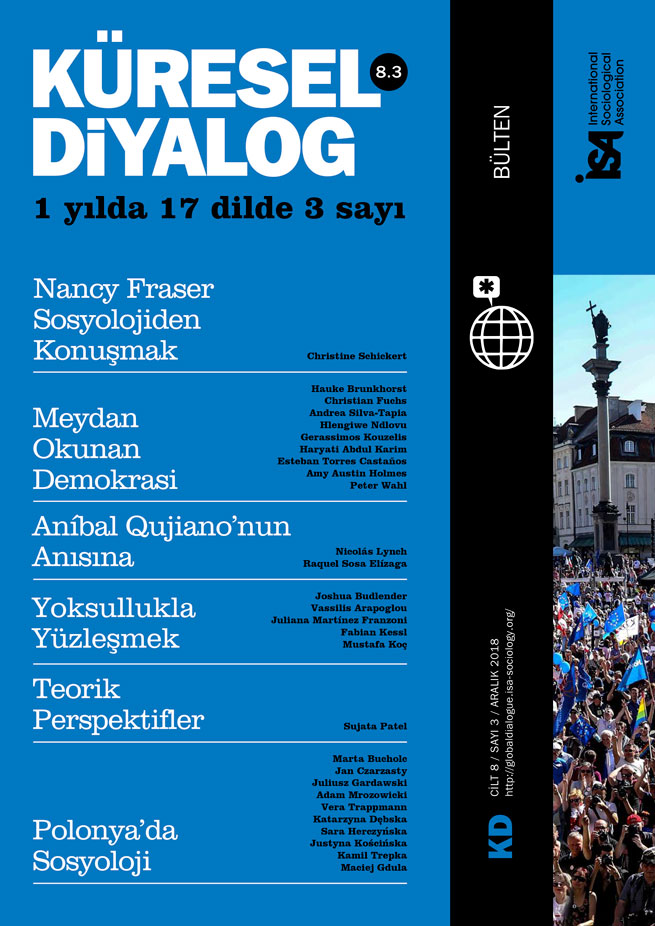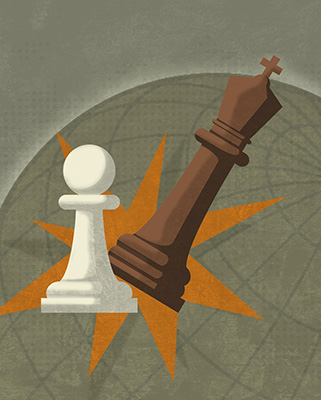In the 1990s a concept started its career: global governance. This promised a new and more democratic type of international system as well as globalization with a human face. The trajectory of the concept teaches interesting lessons. First of all: governance is not government. Its French original, gouverner, means steering, directing, regulating. In substance, the following key points are linked to the concept:
- The economic process of globalization has escaped political regulation. This is due to the triumph of neoliberalism, which relies on self-regulation of markets, liberalization, privatization, and deregulation.
- New global problems have arisen, such as global warming, the solution to which lies beyond the ability of individual nation-states.
- Conventional international problems, such as collective security, the arms race, nuclear non-proliferation, etc., need fresh approaches.
- New forms of political regulation are necessary through a mix of formal and binding agreements, non-binding standard setting, voluntary agreements, and multilateral networks, which together combine to form a
- All this needs a new type of interaction between the actors in the international system, i.e., governments, multilateral institutions, the business sector, and civil society. Inclusion, cooperation, dialogue, networking, negotiation, and balancing of interests are key instruments.
With the end of the Cold War the concept seemed to have a realistic chance of implementation. Global governance met the zeitgeist and became popular. The Rio conference of the UN in 1992, the biggest conference in history, with more than 100 heads of state and a massive participation of civil society, may be seen as a symbol of this. Rio was the breakthrough of the narrative of “one world,” which could connect equally with liberal cosmopolitanism and left-wing internationalism. However, disillusion came soon. Already at the first stocktaking conference five years later it was obvious that the globalization of neoliberal capitalism did not keep its promises. There was no flood of prosperity, raising small boats and big steamers alike. Instead, too many losers were produced. Interestingly, many of them were in the advanced economies – with consequences, which we see in all their dimensions only today, when many of the losers have turned to the extreme right. As the spectacular protest at the Seattle World Trade Organization meeting in 1999 indicated, more and more people realized the downsides of globalization, among them the threats to social equity, the environment, and democracy. In other words, the dynamics of the capitalist market economy prevailed. In 2008, the belief that financial markets would be efficient and could regulate themselves definitively turned out to be a myth. Finance capitalism had run out of control, leading to the biggest financial crisis since the Great Depression. Global governance had not even been able to influence the process, not to speak of turning the tide. But it was not only in the economic sphere where the global governance approach could not deliver. The spirit of global governance did not work in international relations either. Thus, the enlargement of NATO to the East was initiated in 1997 against Yeltsin’s Russia. When, in 1999, NATO started its war in former Yugoslavia without a UN mandate, an entire series of acts of unilateral power politics and violations of international law was initiated. It continued with the “war on terror” after 9/11, the attack on Iraq with a global “coalition of the willing,” the unilateral independence of Kosovo under the shield of NATO in 2008, and the regime change in Libya in 2011. All this is the opposite of the global governance approach. Against this background, it is not surprising that counterreactions emerged. In particular, Russia and increasingly China felt encouraged to step out of line of the post-Cold War order. This is not just a temporary phenomenon. It is grounded in a deepgoing tectonic transformation of the international system. We are now witnessing the transition to a polycentric world order. Its basic features are China’s rise to a superpower, the comeback of Russian state capitalism as a big power, the shift of the planet’s economic center of gravity towards Asia, and a (relative) erosion of US and Western dominance. The newcomers organize in variable compositions and on different issue-based alliances among themselves, such as the Shanghai Cooperation Organization or the BRICS. They establish multilateral financial institutions, such as the Asian Infrastructure Investment Bank (AIIB) as an alternative to the International Monetary Fund and World Bank and envisage huge economic and infrastructure projects like the New Silk Road. This is accompanied by the emergence of parallel structures in the world economy, such as an alternative system to SWIFT – the electronic neural system of global finance – by China and Russia, and a credit card system of their own that breaks the global monopoly of Mastercard, Visa, and American Express. Trade agreements increasingly replace the US dollar through bilaterally-agreed clearing units, undermining one of the pillars of US hegemony. In other words, there is an alternative type of reaction to globalization, which is based on the idea of countervailing power. One element is a kind of “selective de-globalization.” Of course, the upcoming world order comes with new risks. As always in such circumstances, competition between the newcomers and the long-established players leads to conflicts and instability. With the arrival of the Trump administration and its extremist unilateralism to “make America great again,” the risks have acquired a new quality. If we ask why global governance did not work, the main reasons are:
- blindness regarding power relations in the political economy of globalized capitalism, or as Marx would have put it, the silent violence of economic relations;
- blindness regarding power relations in the international system; and
- underestimation of the inertia of the nation-state as the still-dominant framework for the organization of capitalist society.
Global governance was from the beginning too idealistic a concept. Nevertheless, the idea of international cooperation is still valid and should not be given up by critical social theory – and praxis. But a closer look at who is cooperating with whom as well as against whom and a realistic assessment of the balance of power will be required if viable alternatives are to be developed.
Peter Wahl, executive board member, World Economy, Ecology & Development Association (WEED), Berlin, and co-founder, Attac Germany, Germany <peter.wahl@weed-online.org>





